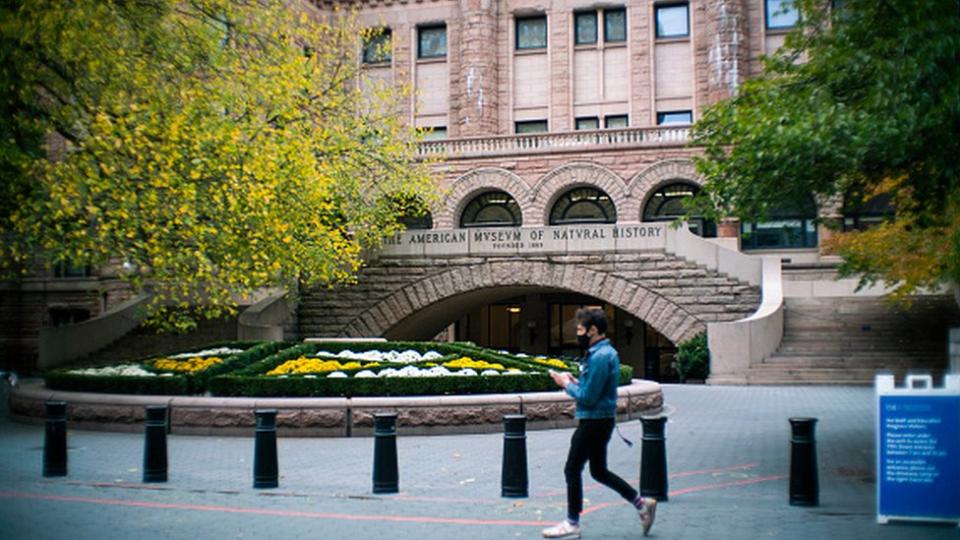US curator denies smuggling scorpions and spiders from Istanbul
A curator for the American Museum of Natural History has been detained at Istanbul Airport on suspicion of smuggling spiders and scorpions.
Lorenzo Prendini allegedly had 88 bottles of liquids and some 1,500 dead scorpions, spiders and tarantulas in his luggage.
Mr Prendini told the BBC airport officials had "completely ignored" his government permits that he said allowed him to take the samples out of Turkey.
The specimens were native to Turkey.
Turkish media reported that Mr Prendini was held by police at the airport under suspicion of smuggling.
In an email to the BBC on Monday, the curator said he had appeared before a Turkish judge and was released without charge after spending a night in jail.
He said police had disregarded permits allowing him to conduct research in collaboration with Turkish scientists.

"The police completely ignored this and relied on the testimony of an 'expert' who has a conflict of interest with my collaborators… and whose scientific research is highly questionable," he said.
"The police have completely violated due process and it appears they would like to find me guilty in the court of public opinion," he continued.
The BBC has contacted Istanbul police for comment.
State media outlet Anadolu reported that the DNA from the species in Mr Prendini's possession can be used to synthesise expensive medications.
Mr Prendini is the curator of the spider, scorpion, centipede and millipede collections at the American Museum of Natural History in New York City, according to the museum's website.
The South Africa native has travelled to more than 30 countries to conduct his research, according to the profile.
In a video profile on the museum's website from 2012, Mr Prendini lists several close calls he's encountered in his field work, including being shot at by police in Puerto Rico and interactions with lions and leopards.

